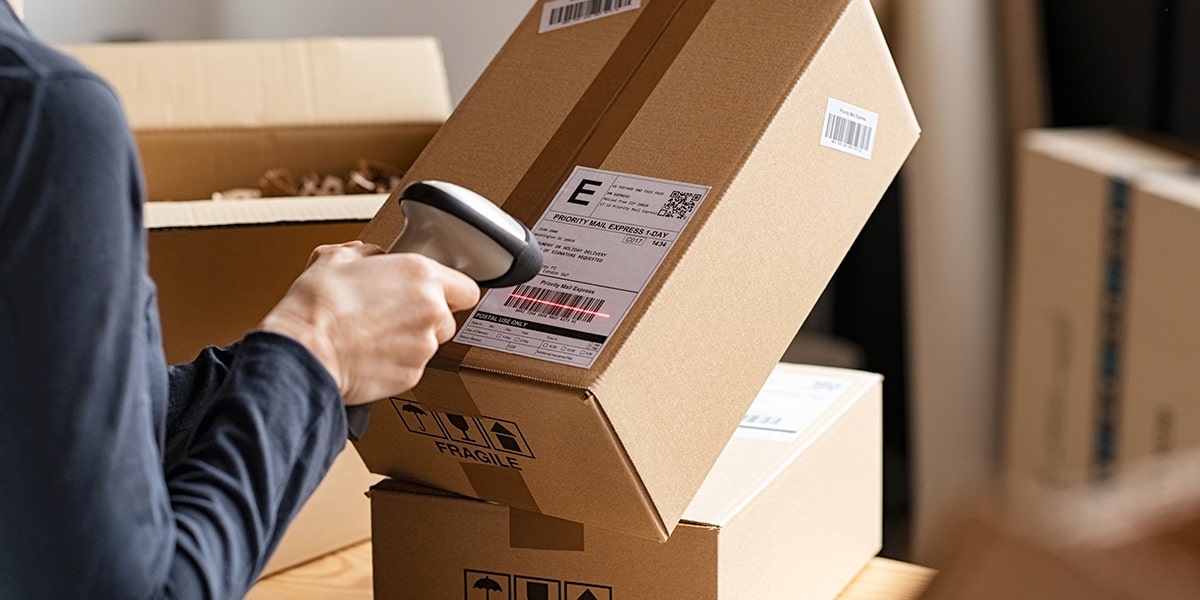Heavy Metal Content Testing in Packaging Materials
The testing of heavy metal content in packaging materials is a critical aspect of ensuring product safety and compliance with international standards. Heavy metals such as lead (Pb), cadmium (Cd), mercury (Hg), and chromium (Cr) can pose significant health risks when present at high levels, particularly through ingestion or inhalation during the manufacturing process and use.
Consumer products that come into direct contact with food, beverages, and other consumables are especially vulnerable to contamination from these metals. Packaging materials such as plastics, paper, metal foils, and coatings can act as conduits for heavy metals leaching into the product. This is why rigorous testing of packaging components is necessary.
Conducting accurate and comprehensive heavy metal content testing in packaging materials requires a multi-step approach that includes sample preparation, chemical extraction, and analytical measurement. The most common methods involve wet chemistry techniques or instrumental analysis such as Inductively Coupled Plasma Mass Spectrometry (ICP-MS) and Atomic Absorption Spectroscopy (AAS).
The testing process begins with the collection of representative samples from packaging materials that are intended for use in contact with food, beverages, or other consumables. Sample preparation involves thorough cleaning to remove any surface contaminants and ensuring homogeneity within the sample. Extraction methods may vary depending on the material but often include digestion techniques using strong acids.
The extracted solutions are then analyzed using sensitive instrumentation capable of detecting trace amounts of heavy metals. The choice of analytical method is crucial as it directly impacts the accuracy and precision of results. ICP-MS offers high sensitivity and selectivity, making it ideal for low-level detection in complex matrices such as packaging materials.
The results from these tests provide critical insights into whether the packaging complies with regulatory standards set by bodies like the European Union (EU), which has stringent limits on heavy metal content to protect public health. Compliance is not only a legal requirement but also an essential step in maintaining consumer trust and ensuring brand integrity.
Given the potential risks associated with non-compliance, it is imperative that businesses adopt robust testing protocols early in their product development cycle. This proactive approach can help identify issues before they become significant problems, thus avoiding costly recalls or lawsuits. By adhering to these tests, companies ensure not only regulatory compliance but also uphold ethical standards and contribute positively to public health.
The importance of heavy metal content testing extends beyond mere compliance; it is a vital component in maintaining brand reputation and consumer confidence. In an era where transparency and sustainability are increasingly valued by consumers, the ability to demonstrate commitment to product safety can significantly enhance a company’s market standing.
Why It Matters
The significance of heavy metal content testing cannot be overstated in the context of packaging materials. The presence of even trace amounts of harmful metals like lead, cadmium, and mercury can have severe health implications for consumers. These metals are known to cause a range of adverse effects, including neurological damage, kidney disease, immune system impairment, and reproductive disorders.
For instance, excessive ingestion or inhalation of lead has been linked to developmental delays in children, while cadmium exposure is associated with respiratory issues and cardiovascular diseases. Mercury poisoning can result in severe neurological symptoms, and chromium can cause dermatitis and other skin irritations. These health risks underscore the importance of thorough testing and stringent quality control measures.
From a regulatory perspective, compliance with standards such as those set by the EU’s Directive 2019/781 on Plastics and Articles Intended to Come into Contact with Foodstuff is essential for maintaining market access. Non-compliance can lead to product withdrawals, recalls, or even legal action, which can be financially devastating.
Moreover, consumer trust plays a pivotal role in the success of any brand. When consumers perceive products as safe and reliable, they are more likely to remain loyal customers. Regular testing not only ensures compliance but also builds confidence among stakeholders, including suppliers and end-users.
In summary, heavy metal content testing is not just about meeting legal requirements; it’s an integral part of ensuring product safety, protecting public health, and fostering long-term brand reputation.
Eurolab Advantages
Eurolab offers unparalleled expertise in heavy metal content testing for packaging materials. Our state-of-the-art facilities are equipped with the latest instrumentation to ensure accurate and reliable results every time. Here’s how we stand out:
- Advanced Analytical Capabilities: Eurolab utilizes cutting-edge technologies such as ICP-MS and AAS, providing high sensitivity and precision in detecting trace amounts of heavy metals.
- Comprehensive Testing Services: We offer a full suite of packaging compliance testing services, including heavy metal content analysis, ensuring comprehensive coverage for our clients.
- Expert Technical Support: Our team comprises highly skilled chemists and engineers who can guide you through the testing process and provide expert advice on best practices.
- Regulatory Compliance: Eurolab stays abreast of all relevant international standards, including ISO and EU directives, ensuring that our services meet current and future requirements.
- Efficient Turnaround Times: We prioritize client satisfaction by offering quick turnaround times for testing results, allowing businesses to make timely decisions.
In addition to these technical advantages, Eurolab is committed to delivering exceptional service. Our clients benefit from dedicated account managers who provide personalized support throughout the testing process and beyond. This ensures that our customers receive not only accurate test results but also actionable insights tailored to their specific needs.





